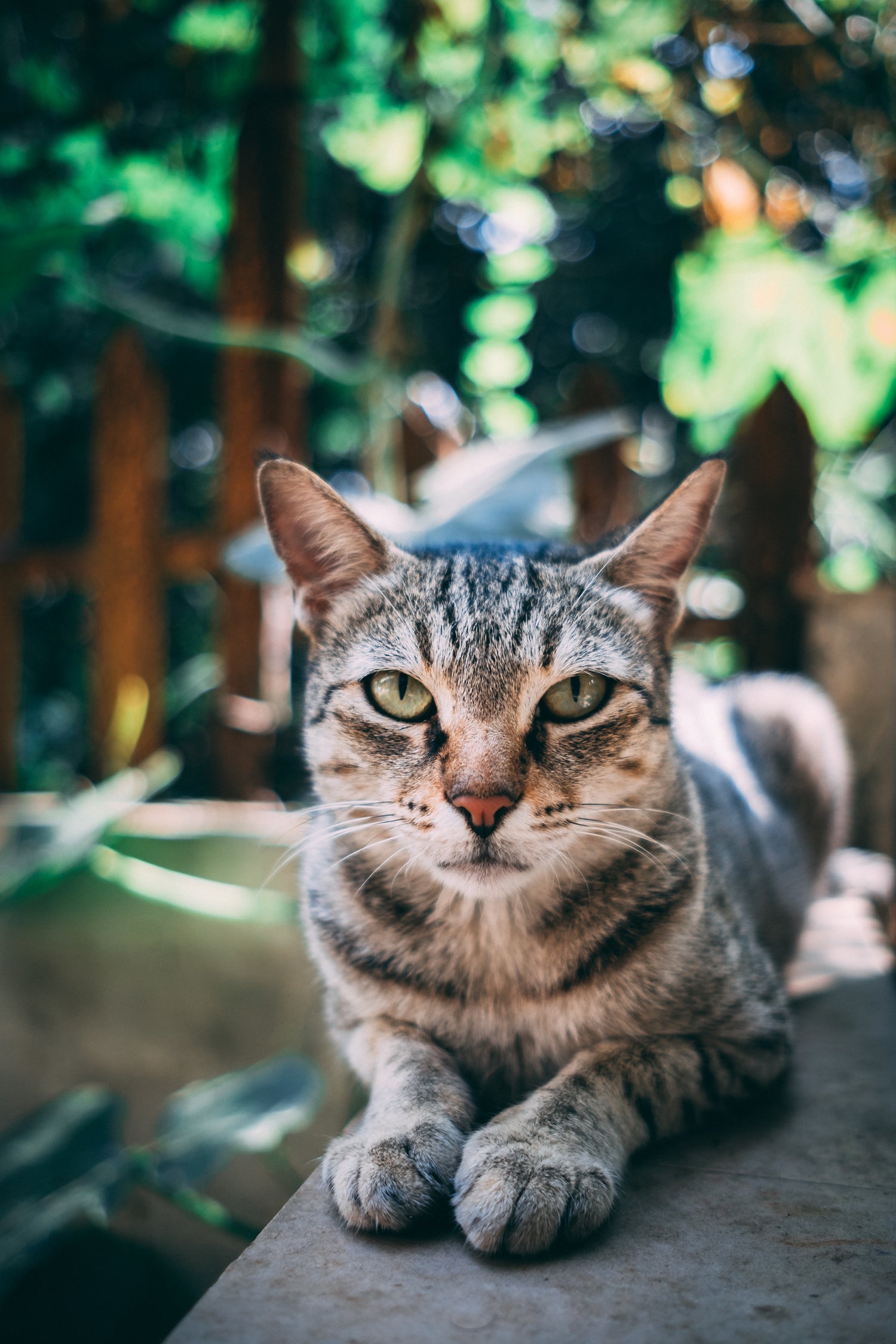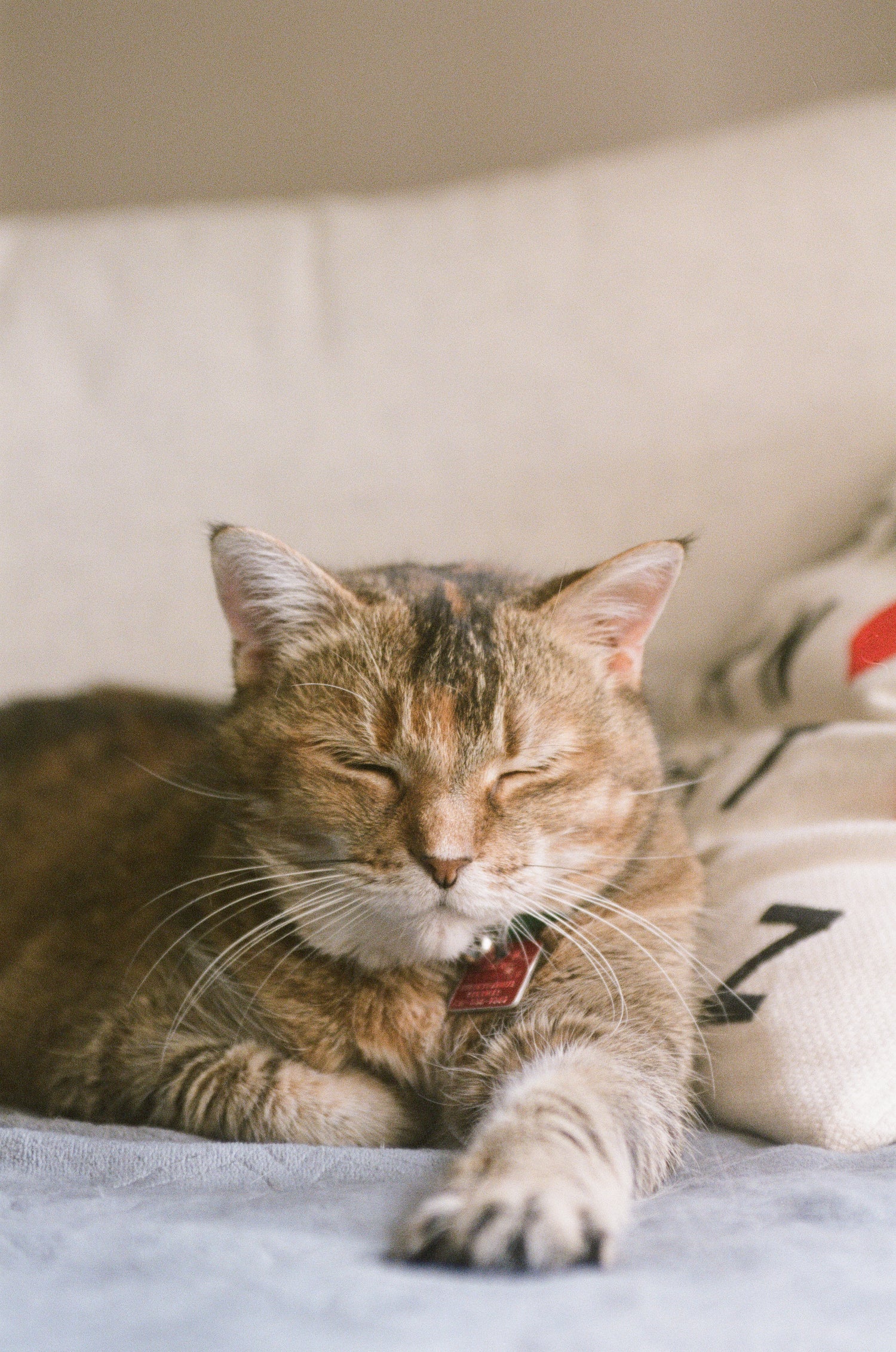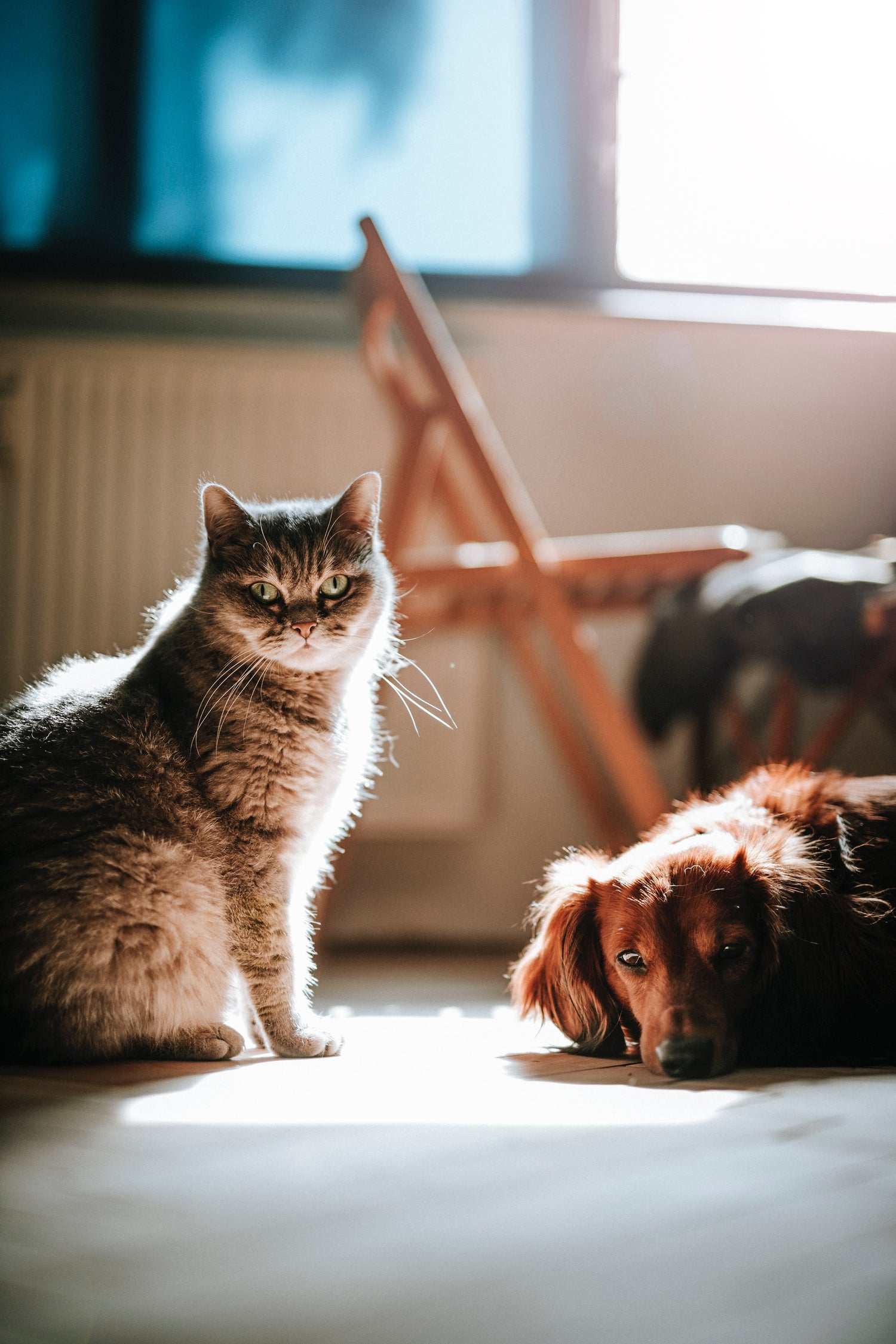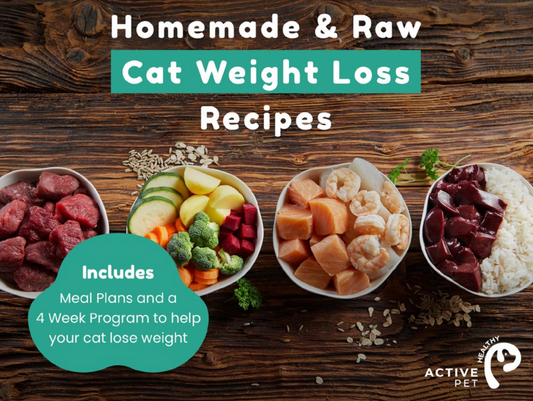
Why good nutrition is important
Good nutrition is as important to our pets as it is to us as humans . We are what we eat and if we don’t eat well it can lead to weight gain and long term health issues .
But the pet food industry is dominated by pet food manufacturers who don’t create and sell pet food that is healthy or nutritionally dense . Instead they are often motivated by making profits and are mass producing dog and cat food that could in fact be doing harm to your furry friend
In order for thriving health to occur, all living things must consume the foods they were designed to eat . This is known as species-appropriate nutrition
Dogs and cats, like humans, are more resilient and can eat a number of things their bodies were not designed to eat . However, their health and vitality suffers .

Issue with animals being overweight
Obesity in our pets is a significant issue, but you’d be forgiven for thinking it mostly affects chubby Labradors and wheezy Pugs . In fact, according to a 2018 survey from the Association for Pet Obesity Prevention in the US, 25 .7% of cats are overweight and a whopping 33 .8% are obese1 . This is almost double the rate of obesity in dogs (who
sit at a still worrying 18 .9%) . While we don’t have current data for Australian cats, unfortunately based on historical trends it is likely that feline obesity rates in Australia are very comparable . Equally as concerning, it’s thought that as many as 90% of pet owners (including veterinarians!) believe their pet is a healthy weight .
It can be particularly challenging to maintain a heathy weight in our cats because they are naturally more sedentary creatures than dogs, and their stature doesn’t always reveal the true state of their physique .
But it’s a serious problem and even just one kilo of additional weight increases the risk of a myriad of health problems, including digestive issues, kidney disease and urinary infections, cancer, skin conditions, arthritis and chronic inflammation, diabetes, heart disease, liver disease, pancreatic inflammation, an increased risk of complications during surgery (which is more likely necessary) and, sadly, a shorter life expectancy .

Health impact on cats
If we compare this list with the top ten reasons catssaw a veterinarian in 2018 (in the USA), a pattern clearly emerges .
- 31.8% saw a vet for stomach issues
- 12.5% fora urinary tract infection
- 8.4% for cancer
- 8.1% for a heart conditions
- 7.2% for skin conditions
- 7.1% for eye conditions
- 6.8% for pain
- 6.5% for kidney problems
- 6.5% for diabetes an
- 5.2% for ear infections
What is the right weight for my Cat?
The first place to start is confirming if your cat is overweight, so you can then make a plan and track your progress . Weighing your cat is helpful, as is using a body condition chart, like the one below .
If you find this difficult to work out, which can be the case for especially fluffy breeds, your vet can also advise if your cat needs to lose weight and how much . Sometimes unexplained weight gain can be caused by an underlying health issue, so it’s important to have a thorough check up at the vet before making any major lifestyle or diet changes .
Unfortunately, not all vets are well educated on the topic of fresh food diets, and some aren’t supportive of this style of feeding . This is a complex topic that relates to both the risks of poorly formulated homemade recipes, and the influence of the billion-dollar pet food industry .
The recipes in this guide have been formulated to meet the AAFCO standards for cats, which is the same standards commercial pet food in Australia aligns with .
This will hopefully encourage your vet to support your endeavour, but if not finding
a vet that supports fresh foods is a helpful step to successfully implementing this meal plan .
A supportive vet can encourage and guide you, building your confidence and supporting you both on this journey to wellness .
What can we do to help our Cat if they are overweight
Before we get into the meaty stuff (pun intended), we have summarised out top ten tips for ensuring your cat doesn’t become a statistic, like so many overweight and obese cats have .

1. Ditch the heavily processed, carbohydrate dense cat food
2. Start your cat on a high meat, low carb diet of suitable whole foods
3. Play with your cat to keep them active
4. Always ensure your cat is hydrated
5. Make simple, healthy treat swaps
6. Include your cat’s mealtime and food preparation into your family’s routine
7. Keep healthy, easy options in the pantry for when life inevitably gets busy
8. Weigh your cat and check their body condition score regularly
9. Focus on nourishing your cat with fresh, whole foods
10. Invest in your cat’s health and wellbeing to extend their quality of life and your life together
Check out our 4 week challenges that encompasses all of the above and will put your Cat back on the right track
-
Homemade Cat Weight Loss Recipes & 4 Week Program
Regular price $39.99Regular priceUnit price per

Want the best value? Become a member!
Get exclusive access to our catalog of recipes as well as instant access to new recipes added every month.
You'll also get access to ALL health & wellness programs for all pets, VIP access to sales and launches, and access to our private group with animal expert Q & A's.
We'll also give you 5% OFF everything just for being a member!What are you waiting for?



